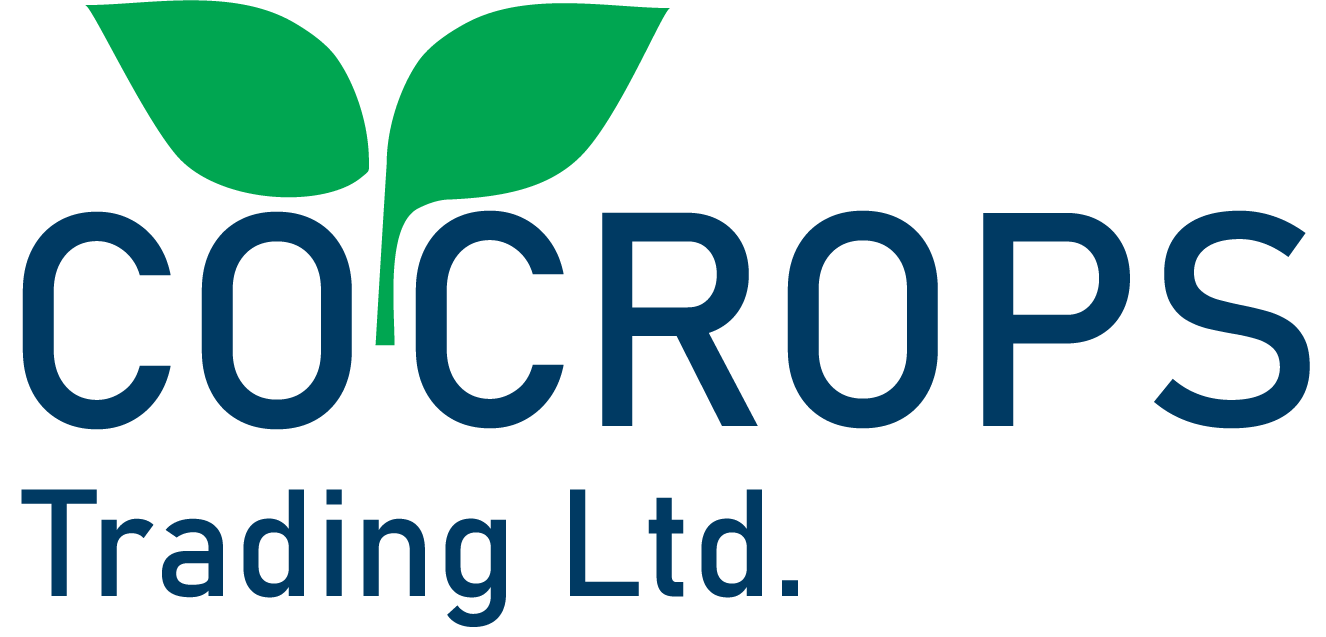As in other beans and peas, pigeon peas too are an excellent sources of vegetarian protein. 100 grams of dry seeds contain 343 calories, and 21.70 g or 39% of recommended daily values of protein.
Red gram peas contains good amounts of dietary fiber; provide 15 g or 39% of fiber per 100 grams. Dietary fiber works as a bulk laxative, which thereby protect the colon mucosa by decreasing its exposure time to toxic substances as well as by binding to cancer-causing chemicals in the colon.
Dietary fiber has shown to reduce blood cholesterol levels by bringing down reabsorption of cholesterol-binding bile acids in the colon.
Total isoflavone antioxidants in red gram peas is 0.58 mg. Isoflavones have been found to reduce post-menopausal cancers and osteoporosis.
Pigeon peas are gluten-free food items. They particularly preferred as gluten-free food alternatives in gluten-allergy and celiac disease patients.
They compose good amounts of B-complex vitamins like folates, thiamin, pyridoxine, pantothenic acid, riboflavin and niacin. Most of these vitamins works as co-factors for the enzymes in carbohydrate, protein and fat metabolism.
Dry seeds carry 456 μg or 114% of daily required value folate. Raw, green pigeon peas contain 173 μg of folates.
Folate, together with vitamin B-12, is one of the essential co-factor for DNA synthesis and cell division. Adequate folate in the diet around conception and during the pregnancy may help prevent neural-tube defects in the babies.
While raw green pigeonpeas hold 39 mg or 65% of DV of vitamin-C, dry peas does not contain any of this vitamin.
Vitamin-C is a water soluble antioxidant which helps in boosting immunity, and fight against the oxygen-induced free radicals in the human body.
Furthermore, they are incredible sources several essential minerals. 100 g of dry pigeon peas hold copper-117%, iron-65%, manganese-78%, phosphorus-52%, selenium-15%, calcium-13%, and zinc-25%.
Both copper and iron take part in the production of blood cells in the human body.
Moreover, they are also very good sources of potassium. 100 grams hold, 1392 mg or 30%. Potassium is present inside cell and body fluids, which counters pressing effects of sodium on the heart and thereby decreases blood pressure.
| Principle | Nutrient Value | Percent of RDA |
|---|---|---|
| Energy | 343 Kcal | 17% |
| Carbohydrates | 62.78 g | 48% |
| Protein | 21.70 g | 39% |
| Total Fat | 1.49 g | 7.5% |
| Cholesterol | 0 mg | 0% |
| Dietary Fiber | 15 g | 39% |
| Vitamins | ||
| Folates | 456 μg | 114% |
| Niacin | 2.965 mg | 18.5% |
| Pyridoxine | 0.283 mg | 22% |
| Riboflavin | 0.187 mg | 14% |
| Thiamin | 0.643 mg | 54% |
| Vitamin-C | 0 mg | 0% |
| Electrolytes | ||
| Sodium | 17 mg | 1% |
| Potassium | 1392 mg | 30% |



